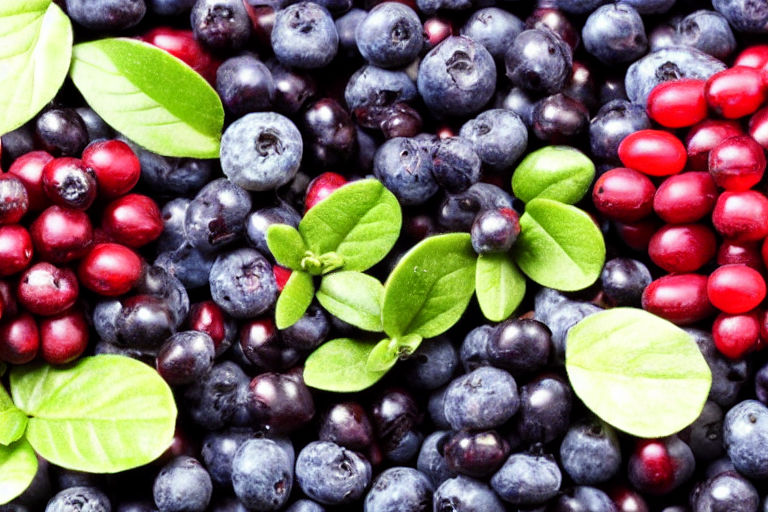Sweet and Salty: A Beginner's Guide to Perfect Flavor Combinations
If you’ve ever bitten into a slice of pineapple pizza or tried dipping your French fries into your milkshake, then you’ve tasted the magic of sweet and salty flavor combinations.
But why do these two tastes work so well together? Scientists believe it has to do with the way our taste buds are wired. The tongue has separate receptors for sweet and salty tastes, and when these two flavors are combined, the brain receives a signal that says “this is delicious!”
If you’re new to the world of sweet and salty pairings, it can be overwhelming to know where to start. Here are some guidelines to help you create perfect flavor combinations that’ll impress your taste buds:
Understand the Basics
Before you start experimenting with sweet and salty flavors, it’s important to understand the basics of each taste profile. Sweet flavors are typically associated with sugary foods like candy, fruit, and baked goods. Salty flavors, on the other hand, are often found in savory dishes like chips, pretzels, and cured meats.
Consider Contrasts
One of the reasons that sweet and salty flavors work so well together is that they create a contrast in taste. For example, when you take a bite of salty popcorn and follow it up with a piece of chocolate, the sweetness of the chocolate is even more pronounced. This contrast can make for a delightful eating experience.
Start Simple
If you’re new to sweet and salty pairings, start with some basic combinations. Some classic examples include:
- Bacon-wrapped dates
- Chocolate-covered pretzels
- Maple-glazed ham
- Salted caramel popcorn
Experiment with Different Cuisines
Sweet and salty pairings aren’t just limited to American cuisine. In fact, many international dishes feature this flavor combination. Some ideas to explore include:
- Teriyaki chicken
- Pad Thai
- Moroccan tagine with preserved lemons and olives
- Greek feta cheese and watermelon salad
Don’t Forget About Umami
While sweet and salty are the most well-known flavor profiles, umami (a savory taste) is also an important component in many dishes. Umami-rich foods like soy sauce, mushrooms, and tomatoes can be paired with sweet and salty ingredients to create a three-dimensional flavor experience.
Final Thoughts
Sweet and salty flavor combinations offer endless possibilities for culinary experimentation. Whether you’re a beginner or a seasoned foodie, there’s always something new to discover. So go ahead and try your hand at creating your own perfect pairings – your taste buds will thank you!



